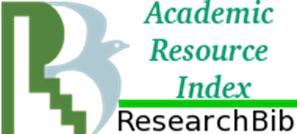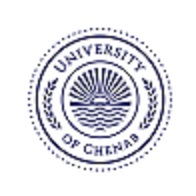Exploring the Nexus of ICT and Social Media Tools in Revolutionizing Researcher Development Framework: A Study among LIS Research Scholars
DOI:
https://doi.org/10.1234/Abstract
Purpose: This study examines the relationship between ICT skills, SMTs usage, and the four domains of the Vitae Researcher Development Framework (RDF) among LIS scholars.
Methodology: A quantitative research approach was employed, using a census method to collect data from 247 LIS postgraduate students (MPhil and PhD) enrolled in both public and private sector universities in Pakistan from 2015 to 2019. A structured questionnaire was utilized to gather data. Data was analyzed using SPSS and AMOS software. Descriptive statistics, Pearson correlation, and structural equation modeling (SEM) were employed to examine relationships between ICT skills, SMT adoption, and RDF domains.
Findings: A significant correlation was found between LIS scholars’ ICT skills and SMTs usage (β = 0.72, p < .01). LIS scholars’ use of SMTs significantly enhanced three RDF domains: engagement influence and impact (β = 0.49, p < .01); research governance and organization (β = 0.81, p < .01); and personal effectiveness (β = 0.55, p < .01). However, knowledge and intellectual abilities (β = 0.05, p > .05) did not influence SMTs usage among LIS scholars.
Originality/value: This study uniquely applies the Vitae RDF framework to SMTs adoption among LIS scholars, contributing to digital researcher development. The findings contribute to future policy recommendations on ICT integration in academia.
Keywords: Social media tools; Researcher development framework; ICT; LIS scholars
Downloads
Published
Issue
Section
License
Copyright (c) 2025 Ahmad Nawaz, PhD, Muhammad Naushad Sabzwari, PhD, Hafiz Nazeer Hussain, PhD, Muhammad Ishtiaq, PhD (Author)

This work is licensed under a Creative Commons Attribution-NonCommercial-NoDerivatives 4.0 International License.













